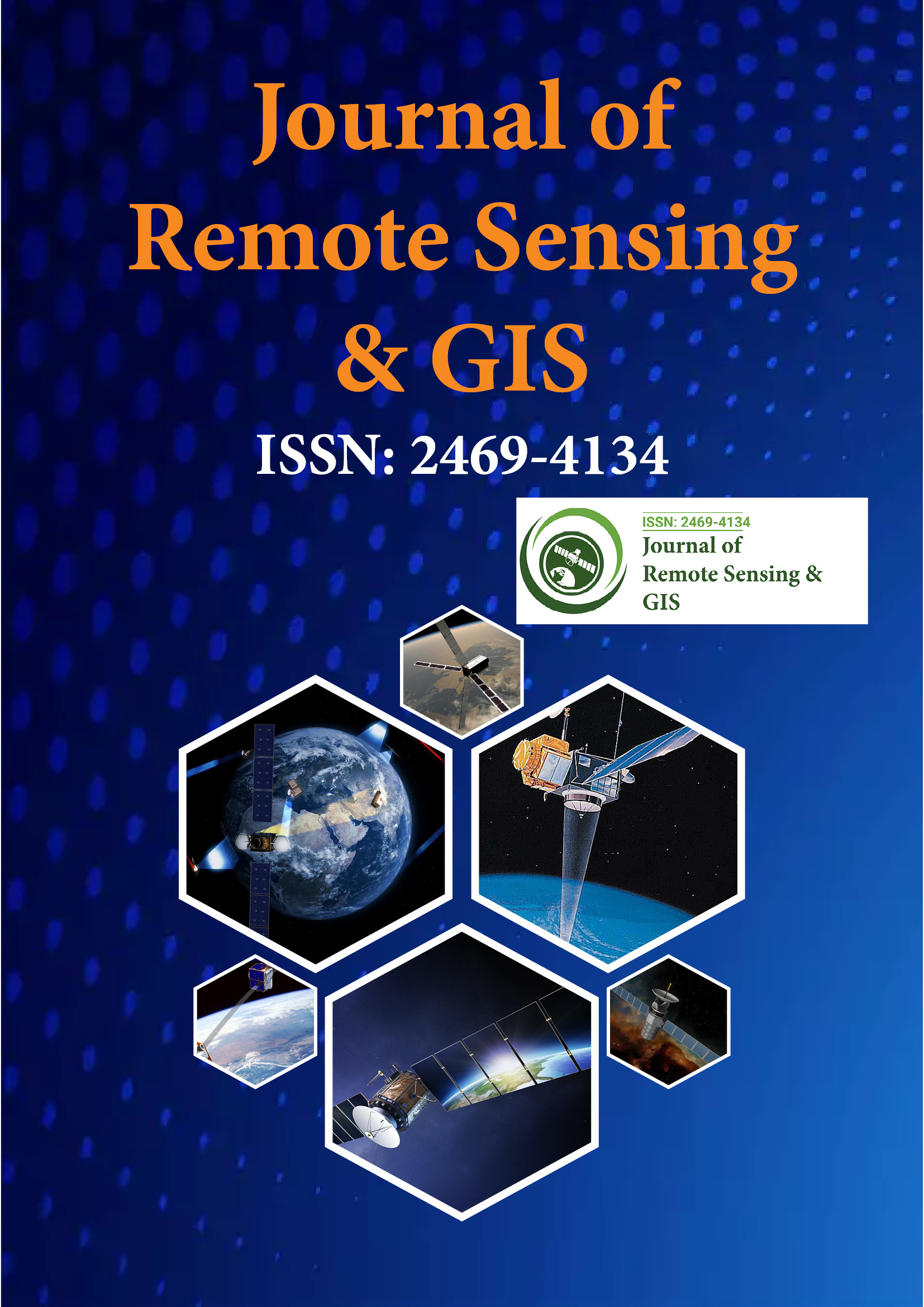Indexado em
- Abra o Portão J
- RefSeek
- Universidade de Hamdard
- EBSCO AZ
- OCLC- WorldCat
- publons
- Indexação Científica Internacional
- Euro Pub
- Google Scholar
Links Úteis
Compartilhe esta página
Folheto de jornal

Periódicos de Acesso Aberto
- Agro e Aquicultura
- Alimentos e Nutrição
- Bioinformática e Biologia de Sistemas
- Bioquímica
- Ciência de materiais
- Ciencias ambientais
- Ciências Clínicas
- Ciências Farmacêuticas
- Ciências gerais
- Ciências Médicas
- Cuidados de enfermagem e saúde
- Engenharia
- Genética e Biologia Molecular
- Gestão de negócios
- Imunologia e Microbiologia
- Neurociência e Psicologia
- Química
Abstrato
Derivação de Coeficientes de Calibração para o Sensor OCM-2 para Águas Costeiras
Muniyandi Tholkapiyan, Palanisamy Shanmugam, Prakash Chauhan e Muthusamy Suresh
Os coeficientes de calibração radiométrica necessários para melhorar os coeficientes de calibração pré-voo para melhorar o desempenho do Ocean Color Monitor (OCM-2) a bordo do satélite indiano de deteção remota (IRS) são determinados utilizando medições in-situ em águas costeiras ao redor do sul da Índia. Estes coeficientes foram aplicados aos dados OCM-2 adquiridos nas águas costeiras de Point Calimere (Estreito de Palk) e do Golfo de Mannar da Baía de Bengala, e são comparados com coeficientes semelhantes incluídos no software SeaDAS e aos fornecidos pelo Centro de Aplicação Espacial (SACO ). Foram utilizados dois algoritmos de correção atmosférica em conjunto com estes coeficientes para obter as radiâncias que saem da água (Lw) a partir dos dados OCM-2, nomeadamente o algoritmo CAAS e o algoritmo SeaDAS. Uma avaliação dos resultados destes coeficientes e algoritmos de correcção atmosférica mostrou grandes desvios nos valores de Lw derivados dos coeficientes SAC (desvio positivo) e coeficientes SeaDAS (desvio negativo) quando aplicados aos dados OCM-2 juntamente com o algoritmo de correcção atmosférica SeaDAS. Os desvios foram menos notáveis com novos coeficientes
quando foi utilizado o mesmo algoritmo de correção atmosférica (SeaDAS). No entanto, a aplicação de todos os três coeficientes ao OCM-2 utilizando o algoritmo CAAS mostrou uma tendência semelhante, mas com menos desvios em relação aos dados Lw in-situ. Os resultados obtidos com os novos coeficientes mostraram uma boa concordância com as radiâncias de saída de água in situ (excepto canais 412-443nm). Estes resultados sugerem que os novos coeficientes de calibração podem ser utilizados em conjunto com o algoritmo de correção atmosférica CAAS para melhorar o desempenho do sensor OCM-2 para avaliações quantitativas dos vários constituintes da água em águas costeiras (incluindo floração) em redor da Índia .